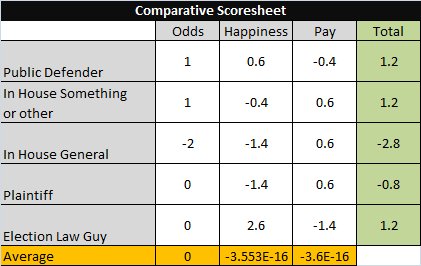Dying Young

What you're looking at is a graph depicting the death rates in different eras.
Take the low blue line. This is the 1900-1902 line, showing what befell the people in the United States, base on a per-100,000 live birth rate. At the left you can see that since this is live births, everyone survived to birth. There is a steep decline showing that only 89% of Americans survived to 1 year old. The next data point along that line shows another decline and only 82% of the original group survived to 5 years old. And so on.
What does this show? Well we're getting better and better at surviving to the elbow of the curve... no line shows a lower survival at any point than a previous era except in one spot. Between 1919-1921, humans in the United States survived to five years old in a lower percentage than between 1909-1911. I think that must be related to the 1917/1918 flu epidemic. It shows what a real pandemic actually looks like... imagine what it was like when children were dying at such a rate....
The other curious thing it shows is that the advantages over our very recent forebears is still holding up... in 2004 we still see the same advantage over 1989-1991 as 1909-1911 saw over 1900-1902. I would have thought we'd be compressing more than we are.
Also, while the data stops at 100, it's clear that we converge at the extreme old age... we aren't getting a greater percentage of people beyond about 95 than we ever have.
At the big bulge we can see how well we're getting people into their 50s. For Americans born in 1850 we were getting about 54% into their 50s. 94% of Americans born in 1954 were still alive in 2004.
That's pretty amazing, and shows that we seem to have gotten people over the childhood disease rate... the curve is flat until heart attacks take people out in their 50s and 60s. I suspect that cancer is killing us at the far right, and we clearly are making great strides there as well. Born in 1920? Only 14% of people made it into their 80s. Born in 1920? 54%. In 100 years we now are as good at getting people into their 80s as we used to be at getting them into their 50s.
Still, we need to crack the top end before I relax.





